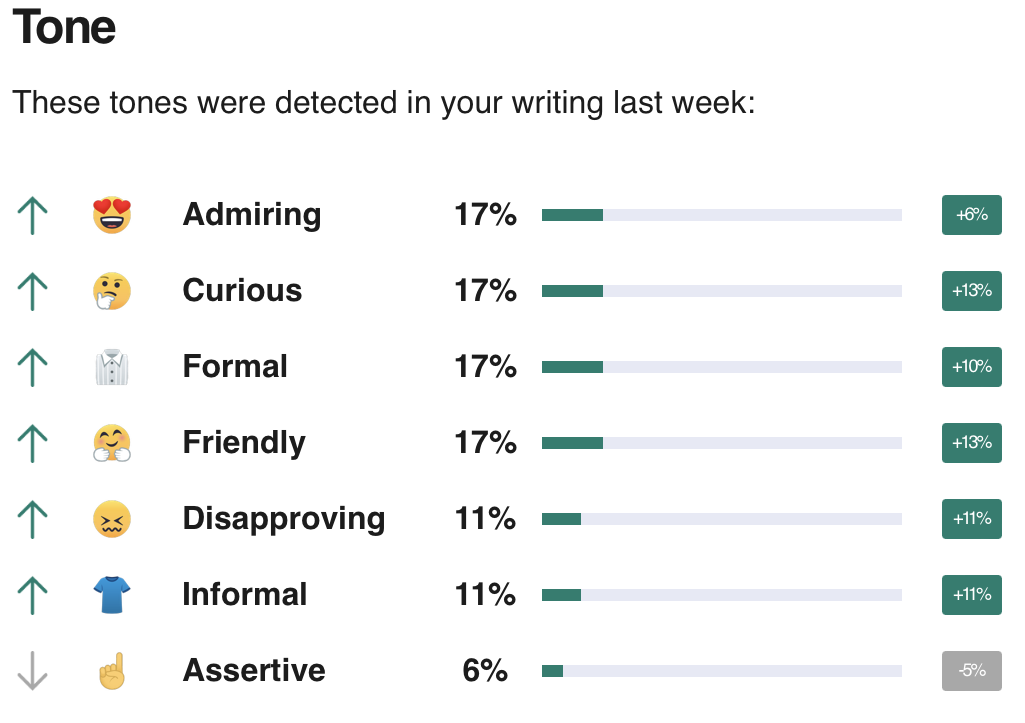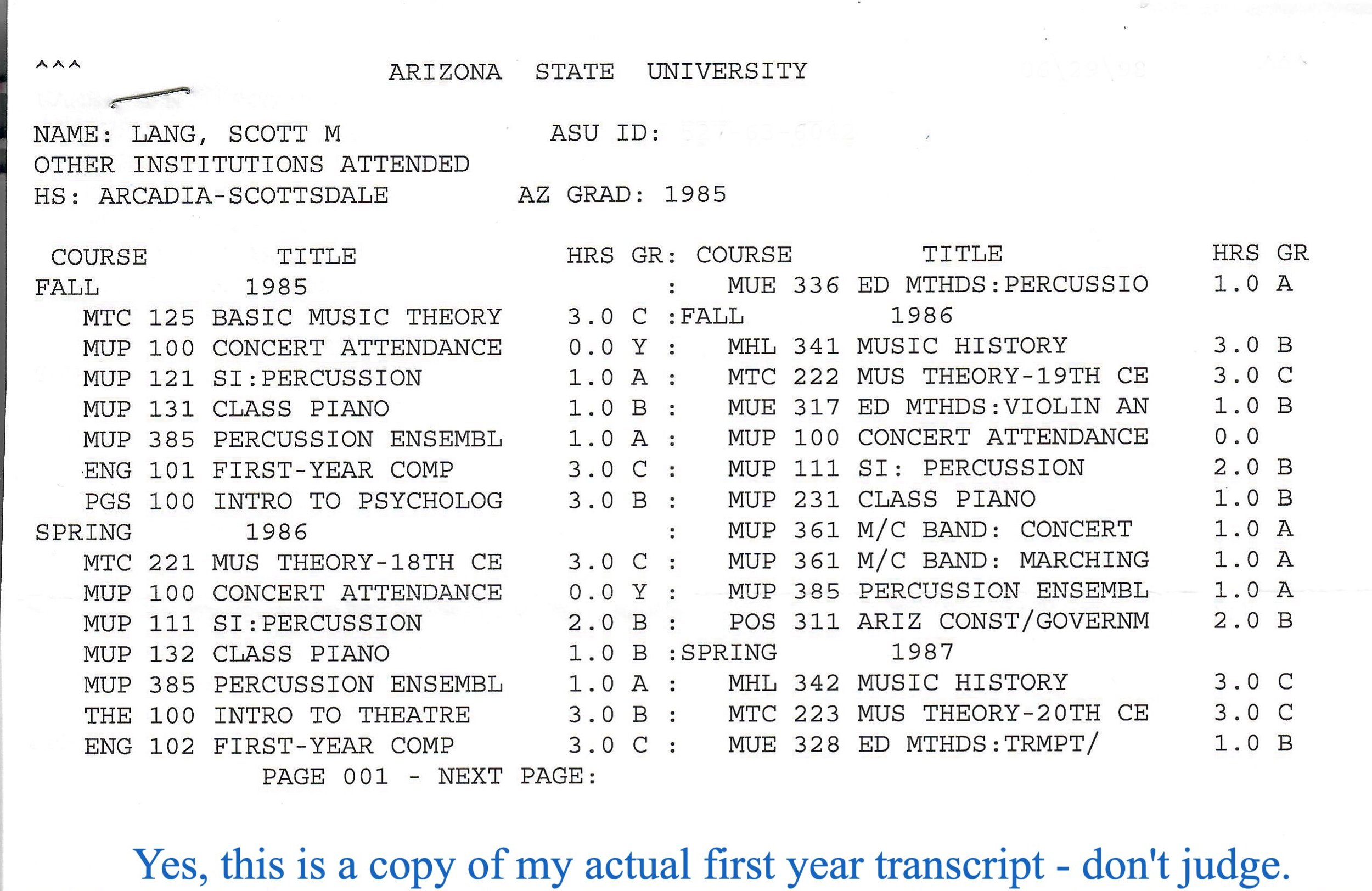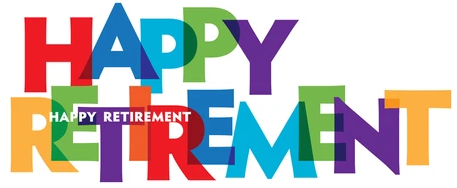Many of you may know I coached my boys in football for the past fifteen years. I love it, and I'm pretty good at it. In fact, I have an undefeated record of 17-0 in the last two seasons.
What makes me prouder than my record is that once a boy joins my team, he stays with me for the long haul.
Over the years, I have kept the same core group of boys for ten-plus years, both for my older and younger sons. I have boys playing D1 college football who still call me "Coach Scott" and ask if we can get the gang back together.
I love every minute of it. It's the closest thing I have that resembles teaching music. I see the same kids, share the same jokes, and build relationships I will remember for the rest of my life, even if they don't.
As a coach, I have witnessed my fair share of sideline antics from parents. And being in a highly competitive league, I have seen more than one former NFL player trying to shape his son into who he was, or even worse, who he failed to be. I have even been physically threatened by one after my amateur team, coached by a former band director, beat his son's club team, coached by former pro players.
Yes, much like when I taught, being around adults and their children can be as inspiring as it is appalling.
We've all met at least one parent who lives vicariously through their kids. Maybe you know a dad whose NFL dreams were crushed because of an injury or other career-ending setback. So now, he pushes his son to be the star quarterback so he can once again live the glory of the gridiron through his pre-teen progeny.
Maybe you know a mother who was an Ivy League college reject, and is now writing the wrong dealt to her by hiring expensive tutors and pressuring her kids to become straight-A students to lord over her neighbors, friends, and frankly, anyone and everyone else who will listen.
From sports dads to stage moms, many of today's parents are pushing their kids to succeed. They often try to get their kids to fulfill their dreams and finish their unfinished business. This goes beyond being a helicopter parent and crosses into dangerously unhealthy territory.
It's called Vicariousity - living one's dream through their child. And it's wrong.
But, I might be guilty of it.
As I type this blog, I am sitting in a coffee shop exactly one mile from where my youngest son is auditioning for his high school's drumline —and I am terrified—truly terrified.
Don't get me wrong—my son will find a place somewhere. His teachers are fantastic and will find a place for every child no matter what. They are intelligent, knowledgeable, and, more importantly, kind. They are everything you would want and hope for your child, and we chose this school largely because of them.
So why am I scared?
My oldest son did band and enjoyed it. However, the pandemic and a director change derailed his band experience, and he only partially got to experience the transformative experience that is music. His senior year, the choir director snatched him out of a hallway and saved him, but he wandered through high school largely without a home.
I can't have this happen with my youngest son. He NEEDS band.
After my eldest son graduated high school, my wife, who knows nothing about music, said, "I feel bad for you. You waited your whole life to watch your son be in band, and it was stolen from you."
From me? Or, from him?
Perhaps both.
All I know is that I don't care what instrument he plays or what their show is. I don't care what ratings they get or how they finish at competition. I just want him to have what I had: memories, friends, laughter, tears, triumph, heartbreak, and everything else that goes with this incredible activity. I want him to have a group of friends to rely on and a safe space on campus to call his home.
Or, maybe it's me who needs him to need it. I don't know.
I don't want him to finish what I started; I want him to start what I finished.
If that's Vicariousity, I'll take it.
Why not?
Have a great week!
Scott











